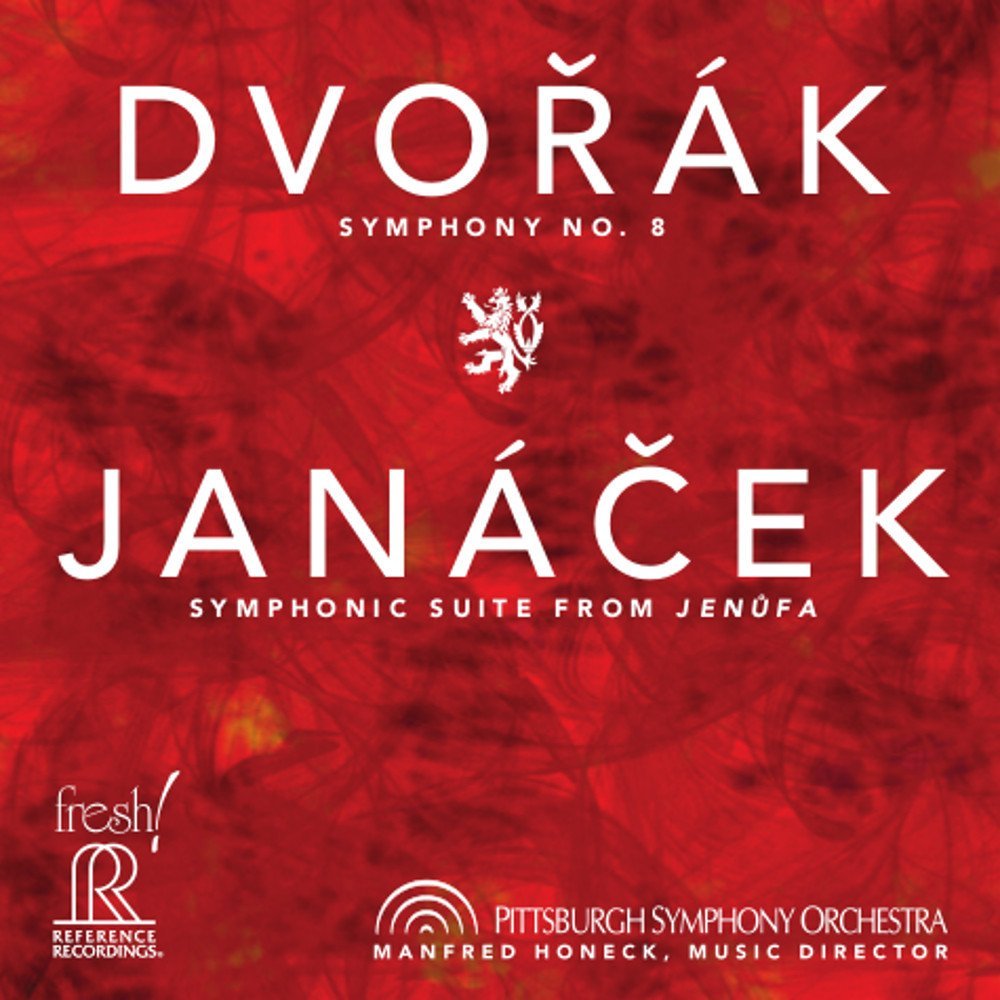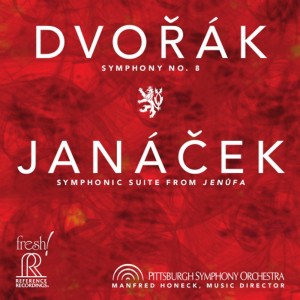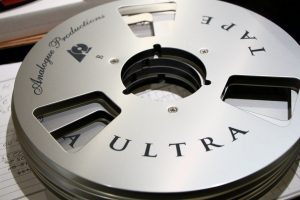This is Glyndebourne's first ever staging of an opera by Rameau. Though he was well known as an innovator/thinker in the music world, it was not until he was fifty years old before he composed this opera in 1773. It just might be his best opera. Based on a well-known story from long ago, there are five marches that we can listen for in the opera and several large choruses. There are even intrusions by the gods Diana and Mercury. The setting is in ancient Sparta and various Greek mythologies. An interesting decision arises when Jupiter decides that the goddess of chastity, Diana, must allow Cupid to have dominion over her forests for one day each year in accordance with Destiny's decree. However accepted, Diana who vows to defend the main named characters of this opera; Hippolytus and Aricie. I was truly surprised at how good much old music sounded.
Composition: Hippolyte et Aricie
Composer: Rameau
Conductor: Age of Enlightenment
Chorus: The Glyndebourne
Recording: Opus Arte DB7150D
As often happens, at times I do not know for sure where recordings I receive come from. Of course it really does not matter. I listen and attempt to describe what I hear. What I hear on this fine Naxos recording is a fairly large choir of perhaps twenty or so voices, well-trained, singing songs similar to what I have heard over the years from other albums by Arvo Part and well performed with good recording studio or reverberant church setting. Of course slightly better audio quality could be heard if the recording had been done in the newer Blu-ray system and played back using a better Blu-ray recorder/player; particularly if the player had been one of the few that is a modified Oppo player which is now available.
Composer: Arvo Prt
Compositions' Music for Unaccompanied Choir (Triodion)
Performers: Elora Festival Singers. Noel Edison
Recording: Naxos 8.570239
This rather special concert was as a part of the BBC Proms, featuring David Zinman's final performance with his Tonhalle-Orchestra Zurich and his ten year relationship with soloist Julia Fischer. The selected compositions were not usual ones for most special concerts but quite excellent a bit unusual. Personally I agree with the unusual choirs. The playing of both the orchestra and soloist was very good, very, very good though not spectacularly so. The selection here is not the common ones for each of the composers; Beethoven's Sixth Symphony "Pasoral" is not one of Beethoven's best or typical. That works out just fine as does Dvorak's violin concerto and so on. I will leave you to guess the choice for Richard Strauss; it is definitely unexpected.
At the Royal Albert Hall
Composers: Dvorak, Strauss, Beethoven
Orchestra: Tonhalle of Zurich
Conductor: David Zinman
Soloist: Julia Fisher, Violin
Recording: C Major 732104
Recording: C Major 73214
BBCPROMS
This beautiful Symphony number four is not a typical symphony by Gustav Mahler. Most feature a very large orchestra and often very large choral groups. This symphony is almost pastoral by comparison, kind of like Beethoven's "Pastoral" Symphony No. 6. It is almost an hour long usually which is much shorter for Mahler. In case there is any interest I should mention that there are releases that visually show the playing orchestra and the soprano featured in the last movement. This is simply not a typical Mahler symphony though it is one of, if not the one, most attractively sounding symphonies by Mahler.
Composer: Gustav Mahler
Composition: Symphonie Nr. 4
Vocal Symphony 4 (4th Movement)
(Christianne Oelze) Soprano
Orchestra: Gurzenich of Koln
Conductor: Markus Stenz
Recording: Oehms Classics # OC649
Prokofiev is not quite as well-known as some of the older Russian composers though he has much to offer listeners. Not reviewed here I must mention some favorite compositions of Prokofiev: The unique gem of the story of Lieutenant Kije and the well-known Peter and the Wolf in a famous version years ago featuring famous/well-known celebrities in various roles. If you are following the liner notes in for the first symphony here you will be shown how unusual a gavotte's rhythm is instead of the more common minuet. There is much unique with Prokofiev; look for it and enjoy the differences. Listen closely to these two early symphonic samples of Prokofiev and see if you can follow some of the subtle differences and enjoy. One example is variations on a theme written earlier in Japan. Go to it and enjoy it all' and yes, if you have one of the better Blu-ray players the audio quality will be even better if you like to hear all the subtle details possible and those expensive moddend units are even slightly better yet. (Read the reviews).
Composer: Sergey Prokofiev
Compositions: Symphony No. 1 "Classical"
Symphony No. 2 and Dreams, Op. 6
Orchestra: Sao Paulo Symphony
Conductor: Marin Alsop
Recording: Naxos NBD0044
Wagner or Verdi, the Opera Antipodes. This background information by Michel Schmidt is pretty much presenting the information about the world's two most famous opera composers. He tries to balance similarities with contradictory information. Might they or not turn out to have a great deal of similarities or not? It can be tempting to try to prove or disprove the factual information. They were both born in the same year. So what; so were thousands of other people. Though they were born in the same month, might that have been a particularly good year for composers? Does not seem to have been thought what would the experts say if it had been the same month or day? That would have created great discussions for a very long and possible interesting time, but that is not the case here. Schmidt implies that birth in the Saxon metropolis of Leipzig and that the small north Italian village of Le Romcale for Verdi may be significant. Verdi is tagged a man of the people attached obviously to his native soil. All the while Schmidt tags Wagner to be an itinerant drifter. That seems to be a very significant labeling to your thinking. For more labels, Schmidt choses humanist for Verdi and Wagner for a revolutionary. Personally, I prefer to remember that Verdi built a retirement home for needy musicians. The German Wagner had an opera house of huge expense built for his own work and works, a tremendous project to this day which is still impressive. Think about the operas written by both. If you go to either one for the first time, can you easily tell which one composed it easily and quickly or does it require extensive listening to be certain? Think about your answer. Are the vocal solos a giveaway or it the instrumental music?
Wagner versus Verdi
A Documentary in 6 Parts featuring Hans Neuenfelss, Christian Thielemann, Rolando Vilbazon, Eva Wagner-Pasquier, Gottfried and more: The Revolutionaires. (A Film by Pepe Pippig) Verdi's World (A Film by Anna Schmid) The Wagner Religion (A Film by Daniel Gerbach) .. and the Women (A film by Martin Betz), The Chant (A Film by Thomas Macho) … And the Effects of Their Music (A Film by Christian Kugier) A Production of Makido Film with Arte, United Classia.
ORF and BMUKK.
MAKIDO FILM 2013












































